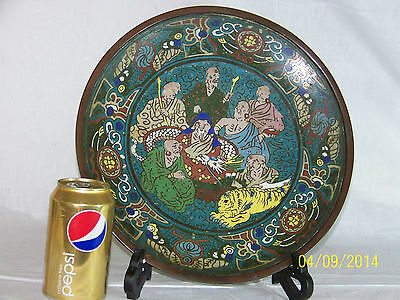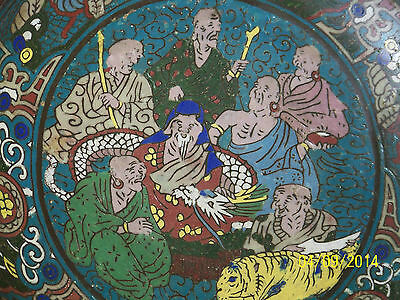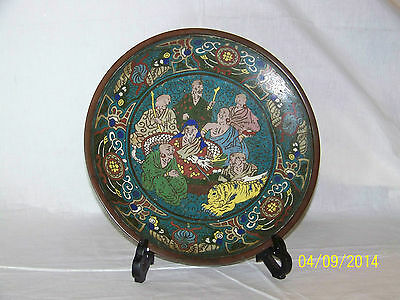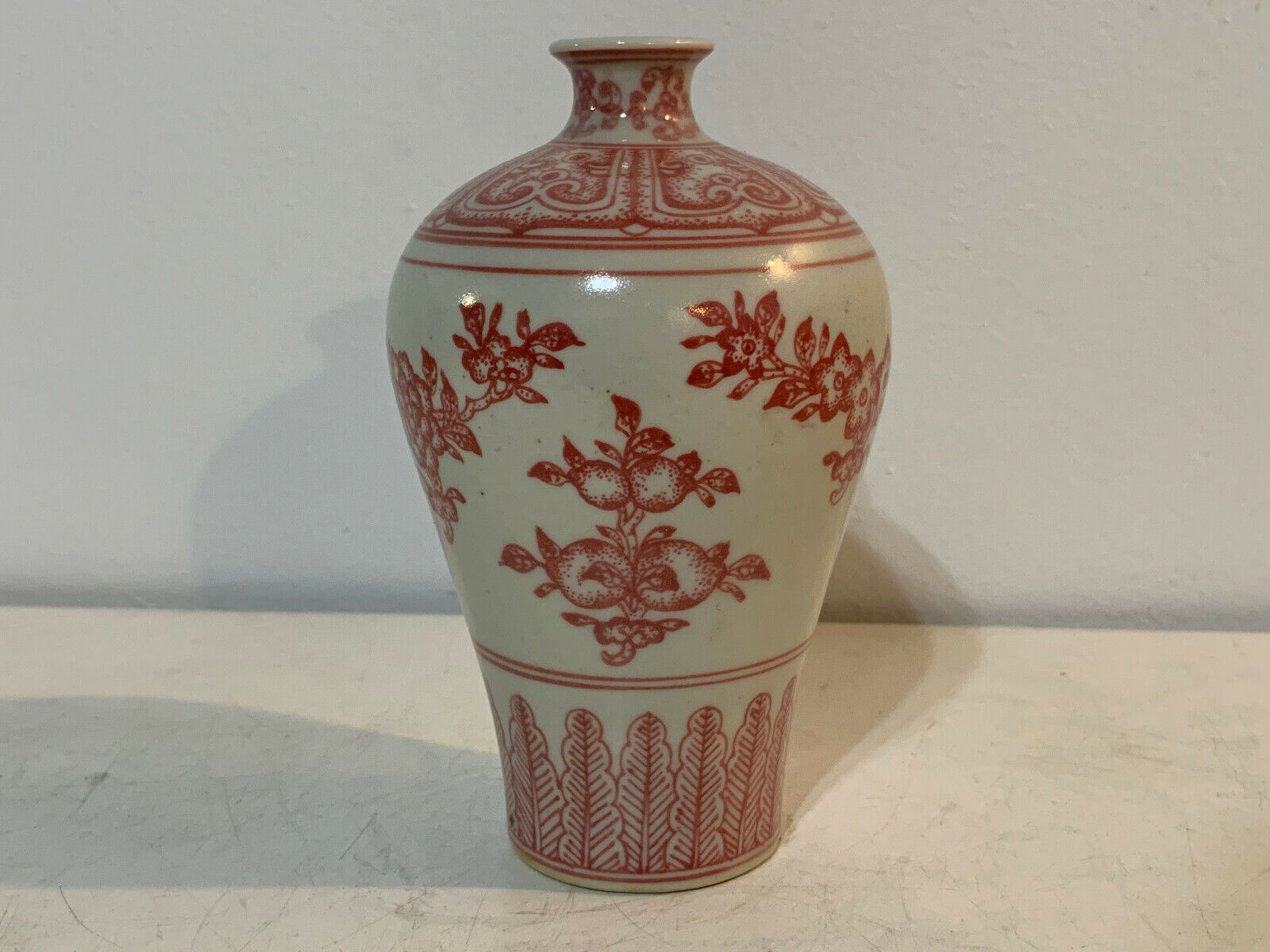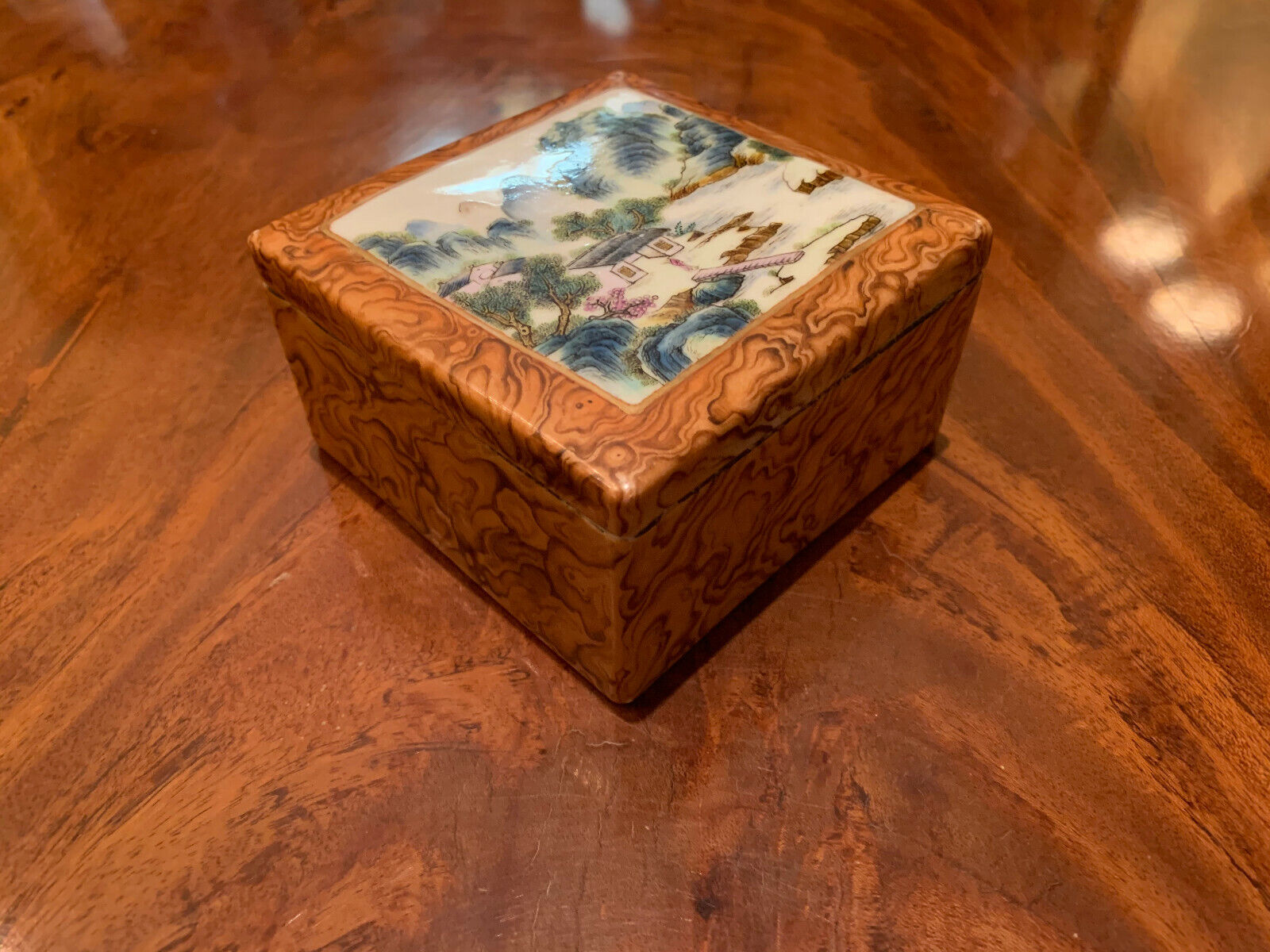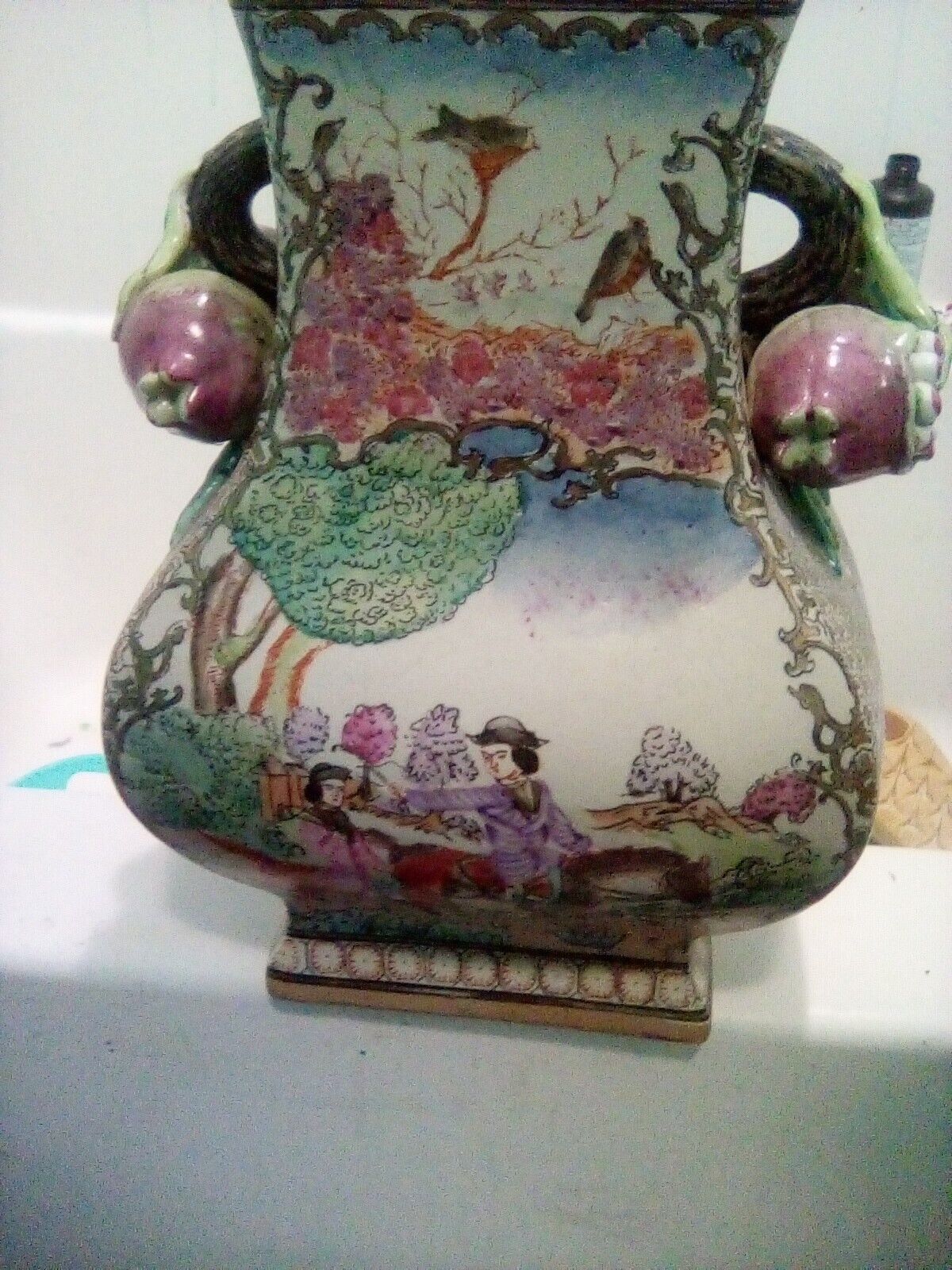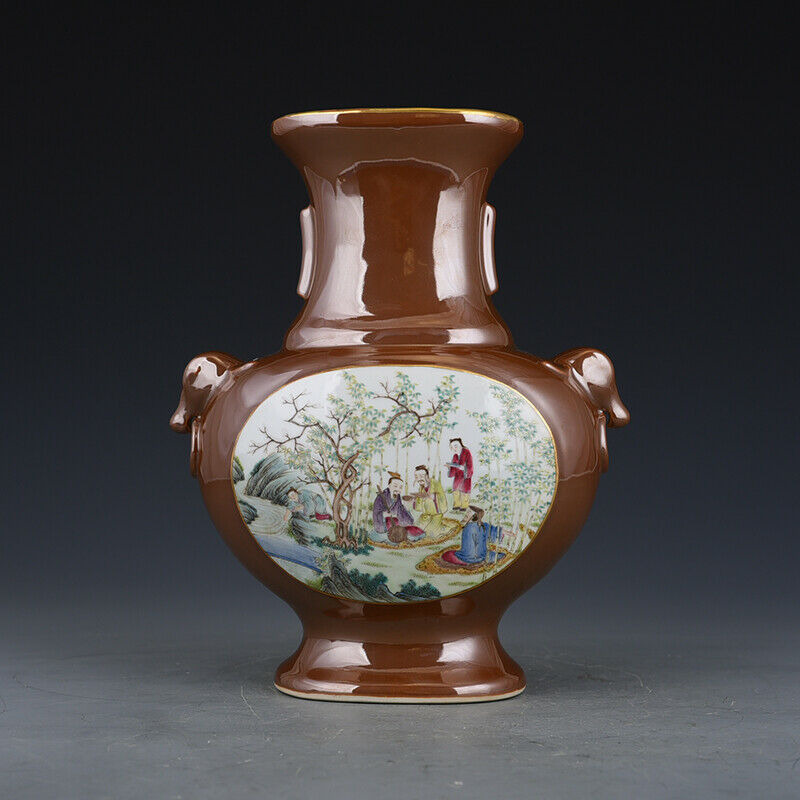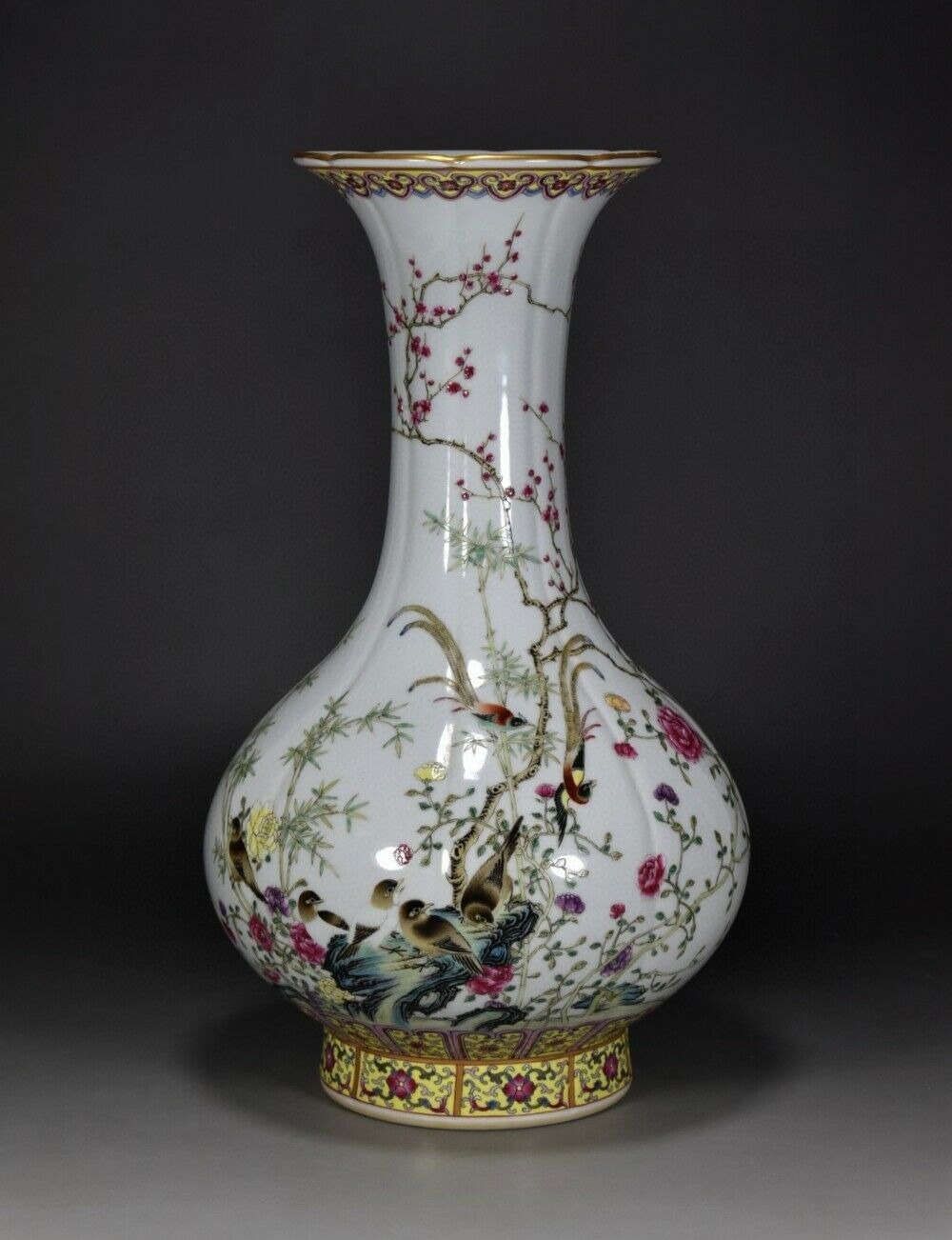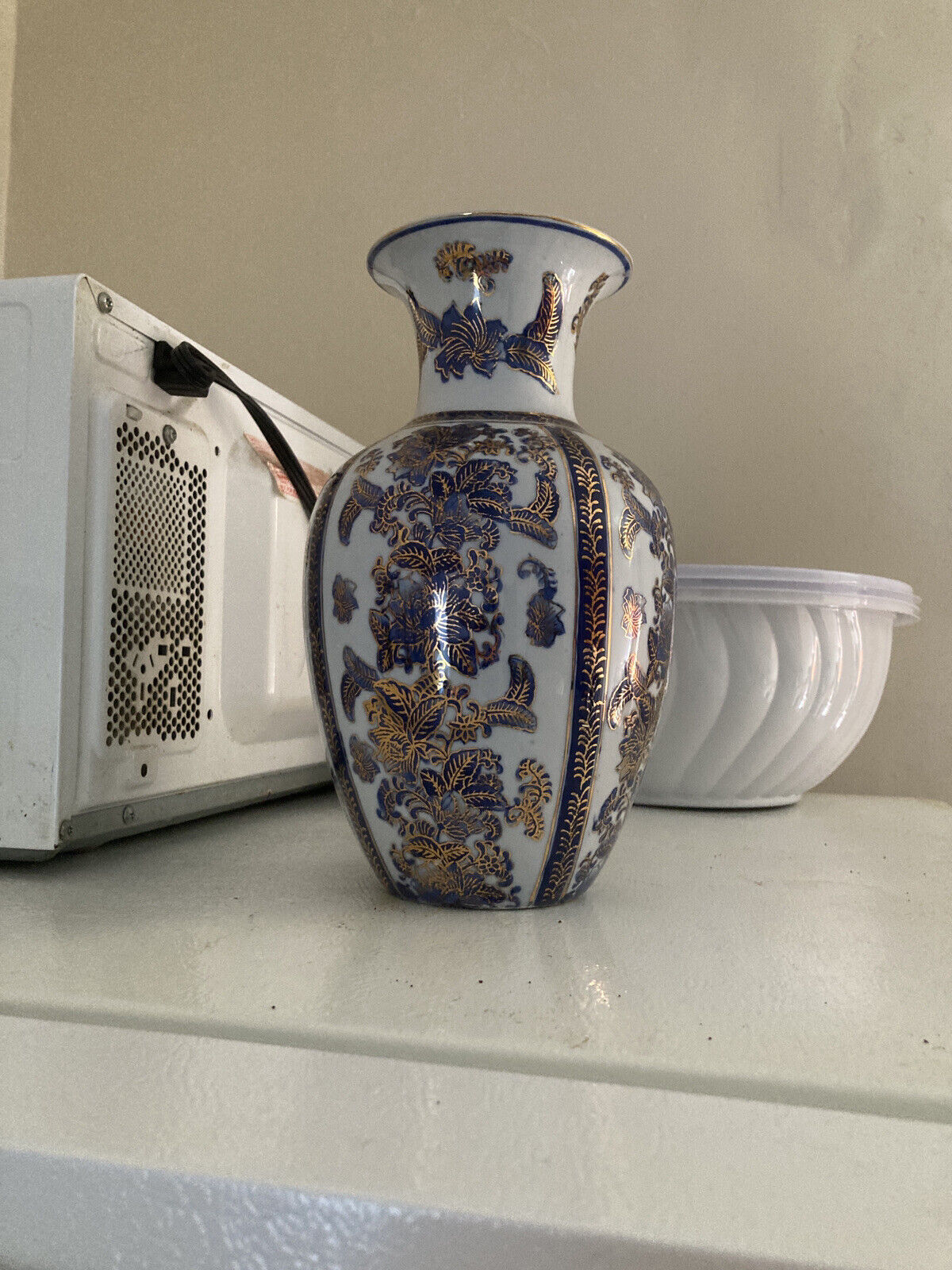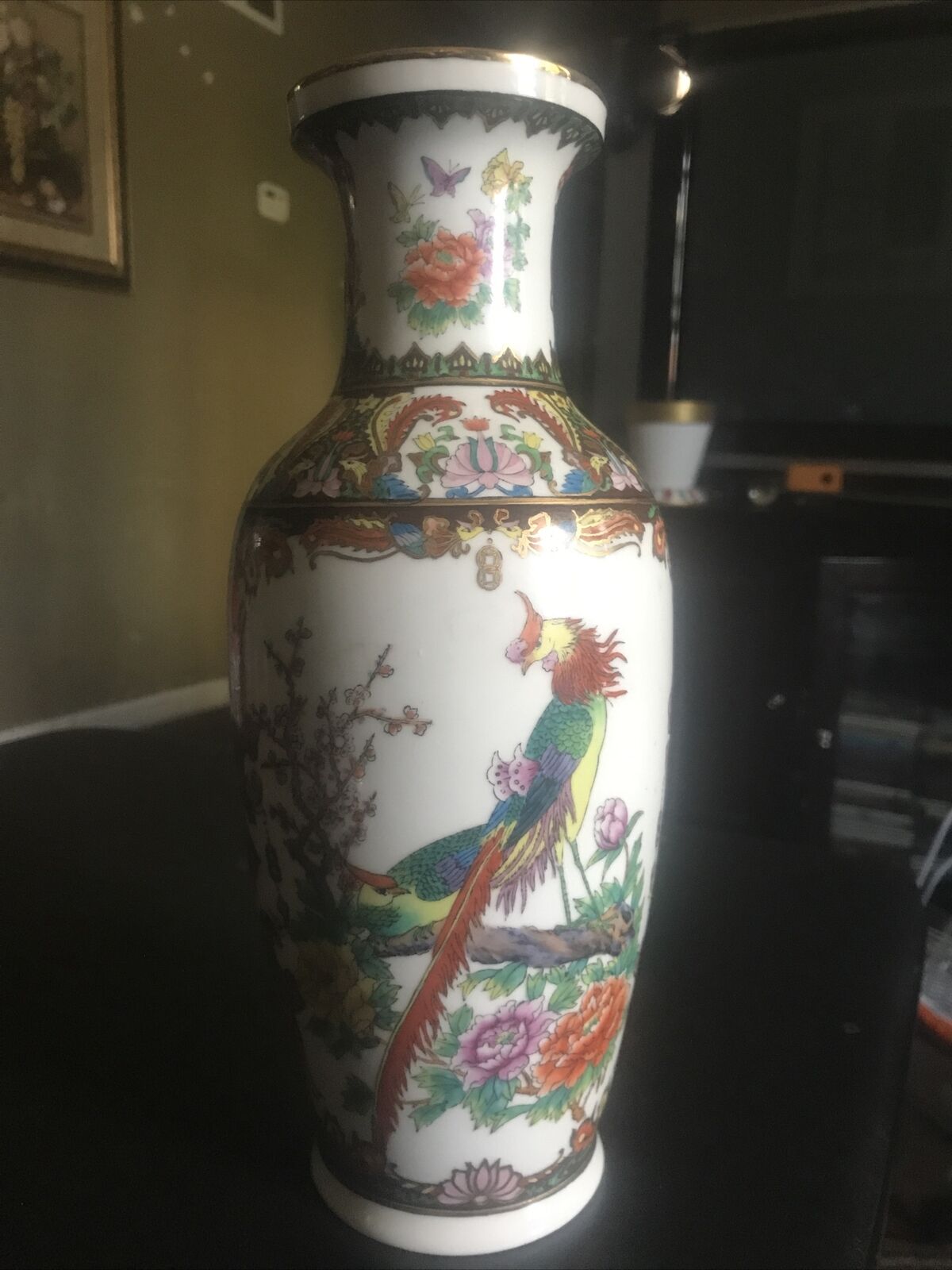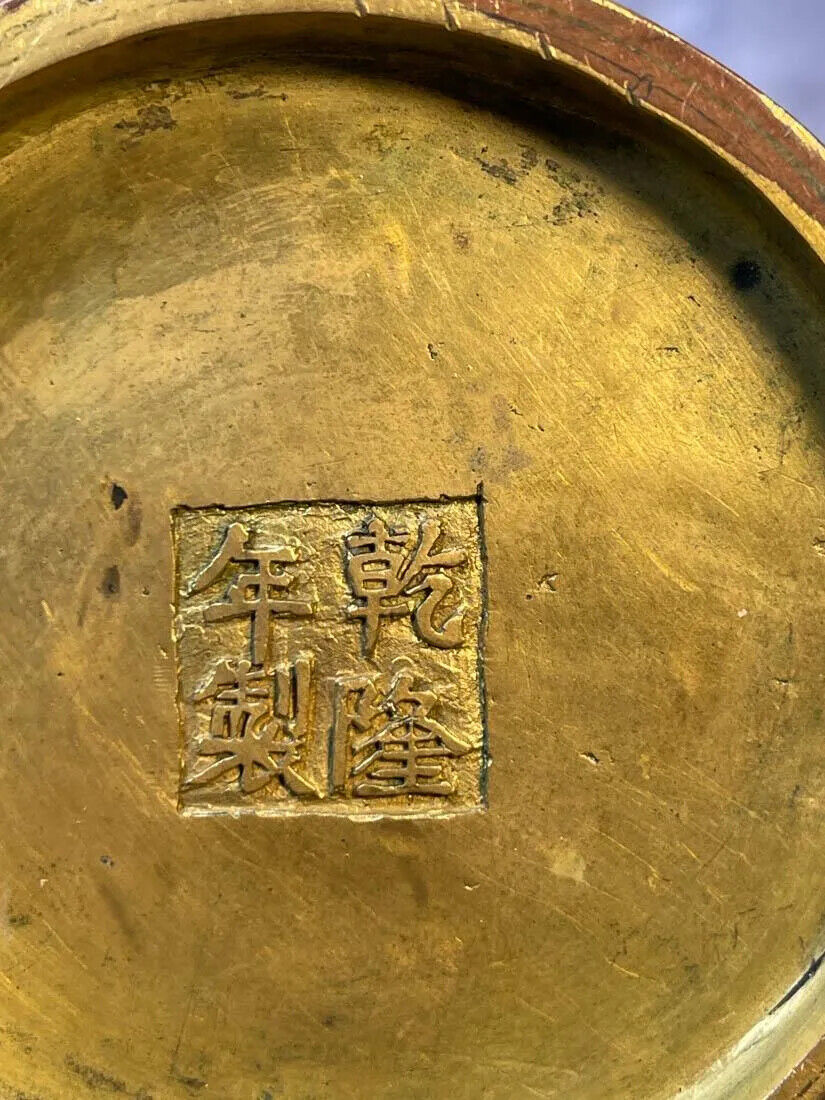-40%
Chinese Ming Dy Bronze Cloisonne Yellow Tiger & Immortals Charger
$ 1821.6
- Description
- Size Guide
Description
"OLD" Chinese Ming Dynasty c16th/17th Century Cloisonne Bronze Backing Charger. The design on this charger is the immortals and the Rare Yellow Tiger. The yellow tiger is supreme ruler of all tigers and symbolic of the sun. The sun is center of all things. It is also includes the immortals. This charger has a bronze backing which was initially used in the c16th Century. EXCELLENT CONDITION! MEASURES: 12 1/4" Across. Please look at pictures and description. PLEASE WAIT FOR INVOICE! Cloisonne. Cloisonne is an enameling technique in which the pattern is formed by wires soldered to the surface of the object to be decorated, which is usually made from copper, forming cells or cloisons, each of which holds a single colour of enamel paste which is then fired, and ground and polished.The champleve technique also uses an enamelling technique, but the cells are formed by carving into the surface ot the object, or in the casting.
The cloisonne technique has been in use since the 12th century BC in the west, but the technique did not reach China until the 13th or 14th century. It became popular in China in the 18th century. Initially bronze or brass bodies were used, and in the 19th century copper, at which time the quality of the items produced began to decline.
Chinese cloisonné is the best known enamel cloisonné, though the Japanese produced large quantities from the mid-19th century, of very high technical quality.
In the west the cloisonne technique was revived in the mid 19th century following imports from China, and its use continued in the Art Nouveau and Art Deco periods.In China, the tiger is considered the king of all beasts (not the lion) and represents powerful energy. Further, the tiger is associated with Tsai Shen Yeh, the Chinese God of Wealth, and this god is usually seen sitting on a tiger in Asian art.
Asian lore considers the tiger the protector of the dead, and will often be seen in graves as a mark of protection, assuring peace for those who have passed.
Chinese animal symbolism of the tiger deals with (but is not limited to):
Animal Symbolism of the Tiger in Chinese Culture
Power
Energy
Royalty
Protection
Generosity
Illumination
Unpredictability
Tigers are considered a yang energy, and are also a solar animal which associates them with symbolisms of the sun, summer and fire.
In ancient Chinese myth there are five tigers that hold the balance of cosmic forces in place and prevent chaos from collapsing into the universe.
Meaning of the Five Asian Tigers
White Tiger: ruler of the Fall season and governor of the Metal elementals
Black Tiger: ruler of the Winter season and governor of the Water elementals
Blue Tiger: ruler of the Spring season and governor of the Earth elementals
Red Tiger: ruler of the Summer season and governor of the Fire elementals
Yellow Tiger: the supreme ruler of all these tigers and symbolic of the Sun
----------------------------------------------------------------------------------------------------------------------------------------------

